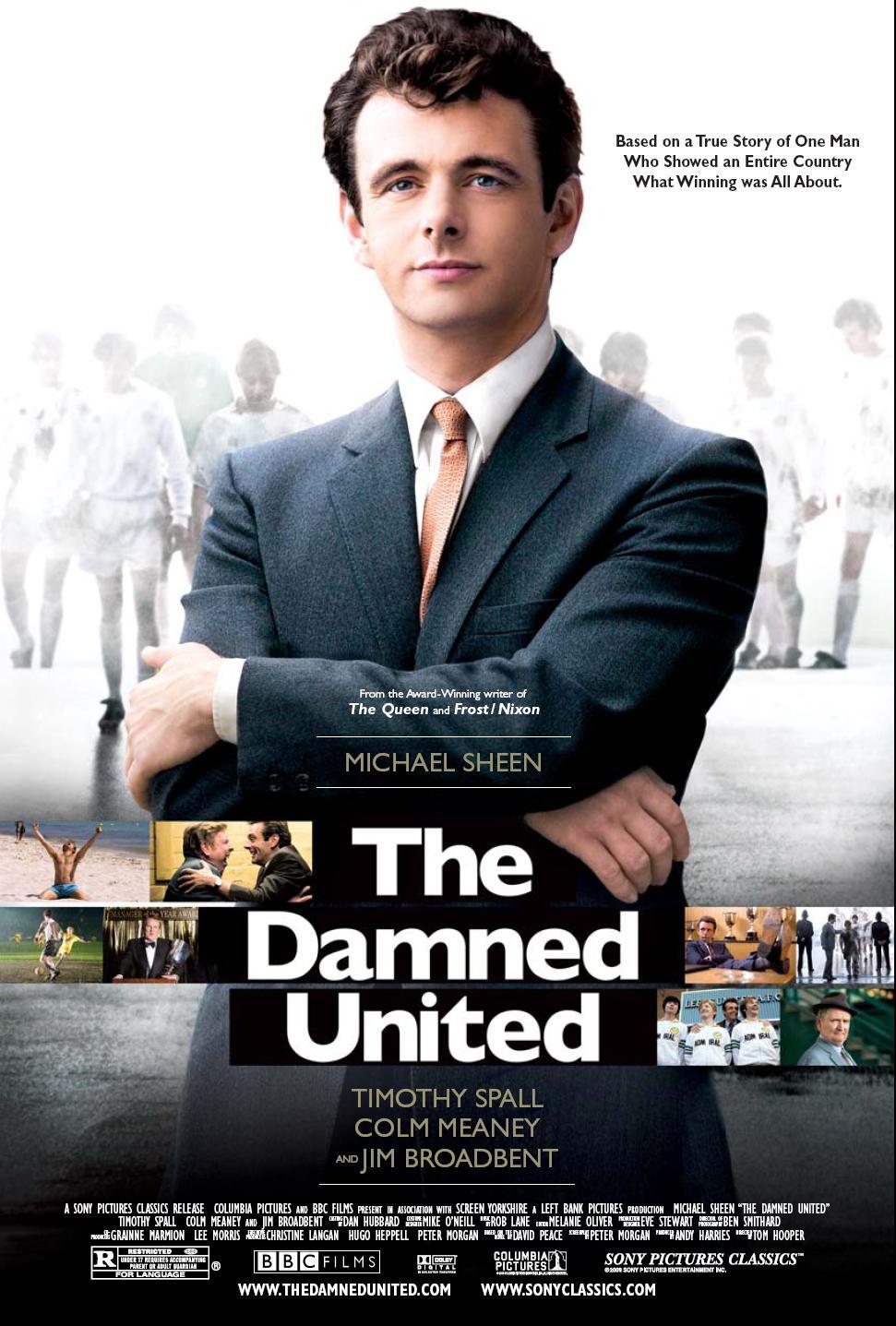
Introduction
The Damned United is a poignant reflection on the world of football, detailing the controversial tenure of Brian Clough as manager of Leeds United during the 1970s. This narrative weaves together themes of ambition, rivalry, and the pressures faced by managers in the high-stakes arena of professional football. Released both as a book by David Peace and adapted into a film, it has garnered significant attention for its raw depiction of the sporting environment, raising questions about the nature of success and leadership in the footballing world.
The Background of The Damned United
Set against the backdrop of the tumultuous 1970s, The Damned United focuses primarily on Clough’s brief 44-day management of Leeds United, a club known for its formidable reputation and strong, often abrasive culture during that era. Clough, who came from a background of very different footballing philosophies, faced an uphill battle in trying to instil his vision for the game amidst the shadows of the club’s former glory under Don Revie. The narrative highlights key events that defined Clough’s controversial approach and the deteriorating relationships with players.
Events that Shaped the Narrative
The story begins with Clough’s glowing reputation after a successful time managing Brighton & Hove Albion and then Derby County, which clashed starkly with Leeds’ entrenched authority and culture. Major incidents, including his infamous press conferences, where he openly criticised his own players and the club’s previous management, contributed to his rapid downfall. Critics point out that Clough’s ambitious nature, while admirable, often translated into excessive bravado, alienating players and management alike.
Cultural Impact and Relevance
This tale remains relevant today, as it encapsulates a period in football where personal and professional ambitions often collided. The Damned United illustrates not only Clough’s fight to assert his control over a powerful football establishment, but also sheds light on the often volatile relationships within football clubs. In a sport increasingly influenced by media scrutiny and commercial interests, Clough’s experiences resonate, reflecting ongoing challenges for managers around the globe.
Conclusion
The Damned United serves as a fascinating insight into not just a football club but the very fabric of competitive sport. It prompts readers to reflect on the nature of leadership, ambition, and the often unforgiving scrutiny faced by those at the helm of sporting enterprises. As football continues to evolve, this narrative reminds us that the personal stories behind the successes and failures are just as compelling as the scores on the pitch. Future sports managers can learn from Clough’s unique approach, which, while ultimately flawed in this instance, embodies the relentless pursuit of excellence and the complex nature of human ambition.
You may also like

The Rise and Recent Developments of Paris Saint-Germain F.C.

Barcelona vs Rivals: Understanding the Historic Football Rivalry

Everything You Need to Know About the Conference League
SEARCH
LAST NEWS
- Remembering Wendy Richard: The Promise to Co-Star Natalie Cassidy
- How Did Anglian Water Achieve an ‘Essentials’ Rating for Mental Health Accessibility?
- Shai Hope Leads West Indies in T20 World Cup Clash Against South Africa
- What We Know About Weston McKennie: Future at Juventus and Past at Leeds
- What We Know About the Upcoming Live Nation Antitrust Trial